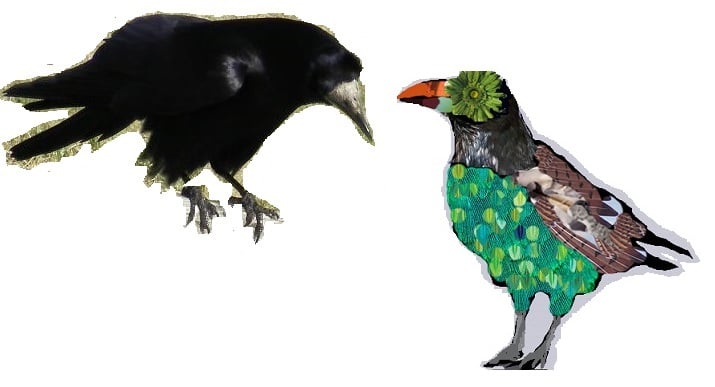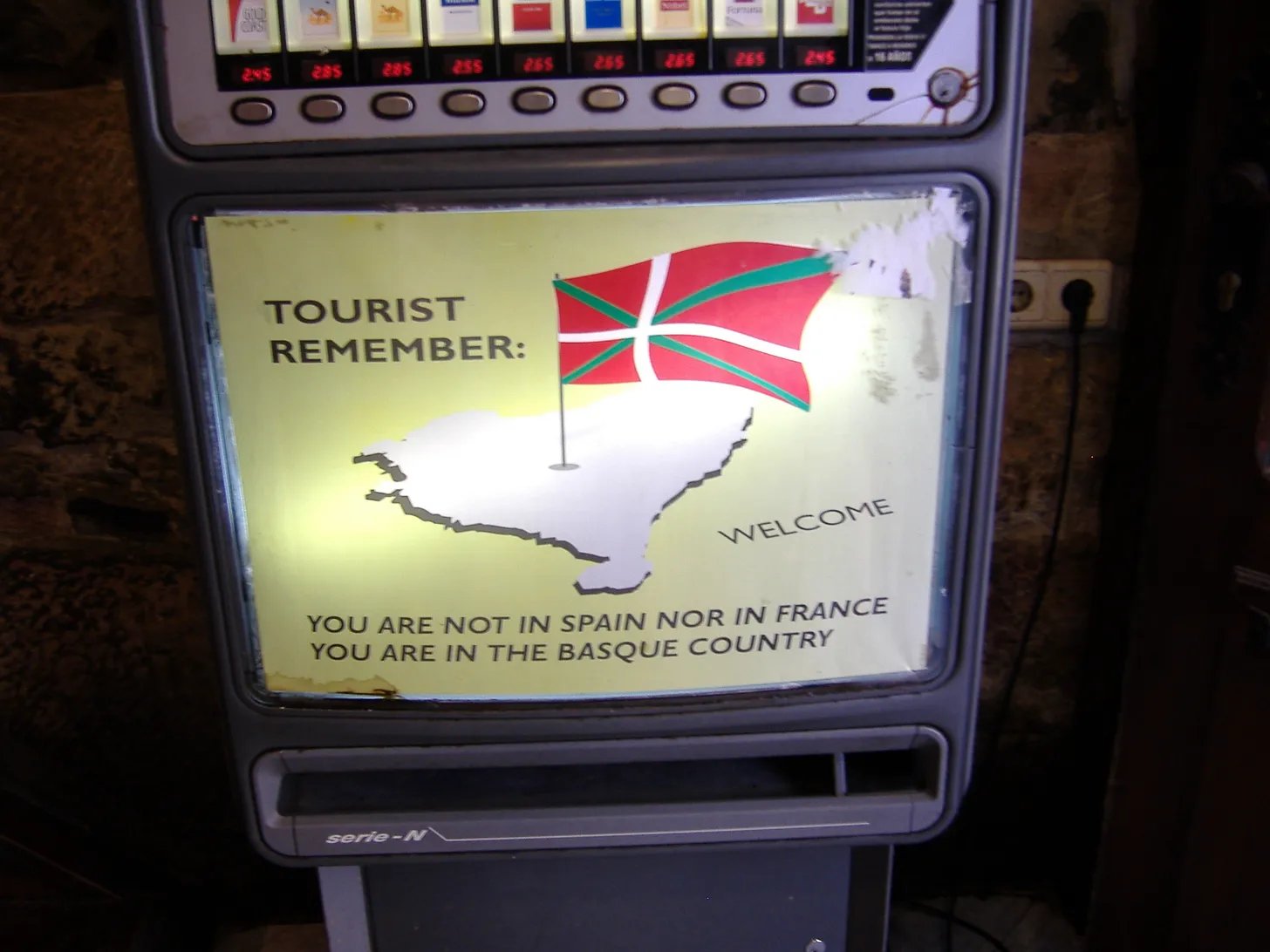Sp#¡n is Not in Their Hearts
I can´t recall the exact date the word “Spain” started to sound like a slur. Maybe it was after my husband gave a 45-minute lecture on the Kingdom of Navarre at dinner in Iruña (you may know it as Pamplona) to my parents. My dad plowed right ahead afterwards, perhaps intentionally, as a thumb in the eye of political correctness or somesuch, I could never tell for sure, ordering paella and flan and asking to go see some flamenco later. The word made me wince when we were visiting family friends in upstate NY and every time Mary said “Spain”, my spouse said something about Ireland, her ancestral home, but he said “England” instead.
It eventually turned into a descriptor, “a Spain in the ass”, to refer to occasions when someone asked how things were going in Spain. My dude has no qualms about giving long, professorial explanations about the Basque issue and unapologetically detailing why he doesn’t view himself as Spanish. He does it in a way that is wholly alien to the Anglo-Saxon among us, leading to evasive and awkward maneuvers bordering on the comical. My mom routinely asks “how are things going in…your country?” as if she has forgotten where I live. When I explain The Issue to visitors, I ask them to say “the Spanish state”, an acknowledgment of our outsider status in a conflict that doesn´t belong to us, but it is hard to get people to use phrasing that would sound unwieldy in the schoolbooks from which they learned their countries.
People who have heard anything about modern Basque history usually know about the ETA. Euskadi Ta Askatasuna was a militant separatist group that was founded in response to the repressive actions of the Franco regime. It started as a way to promote the Basque language and culture and eventually engaged in violent actions, killing Franco´s successor in the late 1970s. Its members assassinated hundreds of people, took bribes, and split several times along ideological lines before declaring several different ceasefires and dissolving. While most Basque people did not support it, many people who were jailed for either participating in or even having social associations within ETA are still in prison. The Spanish and French governments have often placed those prisoners in jails far from the Basque Country, with inevitable car accidents among visiting family members, and the governments seem not to fully acknowledge the end of the organization, both actions that have probably garnered more public support for the families of prisoners than they might otherwise have received.
The mordant joke is that, in order for national governments to justify their terrorism charges and crackdowns, everything became ETA. A critical tweet is ETA. A bar fight is ETA. Even proximal observers have gotten into the spirit. La Comidista, a food blog published in El País, has variously referred to pressure cookers, cereal, and coffee pods as ETA.
It is more complex than that, as you can imagine. There are people who would like an independent Basque Country because they want to ensure the life of the Basque language in this region, or maybe they aren’t crazy about being part of an actual monarchy (my driver´s license was issued by a kingdom, which is deeply weird). There are people who only view themselves as Basque, not Spanish, there are those who have a dual identity, and there are people who see more utility in remaining in the Spanish state. There are individuals who view themselves as fully committed to Spain. Some want more powers for the autonomous community, which oversees most aspects of the public health care and education systems but is still subject to national rulings in other areas. There are people who want to bypass all that and join the EU. And those are just to start, without getting into the anarchists. The perspective a person develops depends somewhat on their primary language, and like people´s adherence to Catholicism, it also seems to rely on their relationships to the authorities of their upbringing and how those figures lived their own linguistic or cultural identities. The most unifying thread through all of it is the surety that their view is correct, though, like everyone I suppose.
The friends who have visited me from the U.S. always talk about the independence issue like it has been decided, they talk about Catalonia, they say “you mean Spain”. The way we receive and interpret the news becomes clear when you are by chance observing a longer portion of the story.
I don´t know what will happen here, governance-wise, in the long term. I am a resident and not a citizen and so I cannot vote, but a few years ago, every resident was invited to take part in a non-binding vote held by a group that is ostensibly driving towards a referendum on independence. The first question was “do you think residents of the Basque Country should be able to hold a referendum on independence”, a referendum for a referendum. It was not the first, and the results were always nearly 50/50, even in the depths of the austerity years of the early 2010s. The decision to decide is still at the same place a few years later, and there is no clear indicator, to me anyway, of what social or political changes might tip it more conclusively in one direction. I don´t feel the special responsibility of citizenship, even after nearly a decade of living here, but I did vote yes, in favor of people deciding to decide.
What they do with it is entirely, and laboriously, up to them.

